Res Ipsa Loquitur
Meaning, Essentials, and Limitations
Res Ipsa Loquitur is a Latin term that means "the thing speaks for itself." This legal principle suggests that certain accidents inherently imply negligence, even without direct evidence. The mere occurrence of such an event is sufficient to suggest that negligence was involved.
In tort law, this doctrine allows plaintiffs to establish a case based on circumstantial evidence. By proving that the incident typically would not occur without negligence, that the defendant had control over the situation, and that there are no other plausible explanations, the plaintiff can create a rebuttable presumption of negligence against the defendant. This establishes a prima facie case.
Black's Law Dictionary defines the maxim as the doctrine where the mere fact of an accident occurring raises an inference of negligence, establishing a prima facie case. It implies that the circumstances surrounding an injury may permit an inference or raise a presumption of negligence, making it the defendant's responsibility to offer an explanation.
Case Law Illustrations
In this case, the plaintiff suffered spastic paraplegia after receiving spinal anesthetics at a hospital. The anesthetics, stored in glass ampoules immersed in phenol, became contaminated. The plaintiff argued that the hospital's negligence was evident under the doctrine of Res Ipsa Loquitur because such an injury would not have occurred without negligence.
The plaintiff's suitcase was lost after being transferred from one bus to another due to a breakdown. The court ruled in favor of the plaintiff, applying Res Ipsa Loquitur. The defendant was required to prove that the loss was not due to negligence, as the incident itself suggested otherwise.
Essentials to Prove Res Ipsa Loquitur
- The incident is of a type that does not generally happen without negligence.
- The cause of the incident was under the defendant’s control.
- The plaintiff did not contribute to the cause of the incident.
Limitations of Res Ipsa Loquitur
- Plaintiff's Contribution: If the plaintiff contributed to the accident, the doctrine may not apply. For instance, in certain slip-and-fall cases, the plaintiff's actions might negate the presumption of negligence.
- Multiple Inferences: Res Ipsa Loquitur is not applicable if different explanations are possible. For example, in Sk. Aliah Bakhas v. Dhirendra Nath, a rickshaw was struck by a train at an unmanned level crossing. The court found that the accident could be attributed to the rickshaw driver's negligence in attempting to cross the tracks, not necessarily the train operator's fault. When an accident can have multiple explanations, the presumption of negligence is not automatically raised.
Share
Tags
Archive
Popular & Recent Post





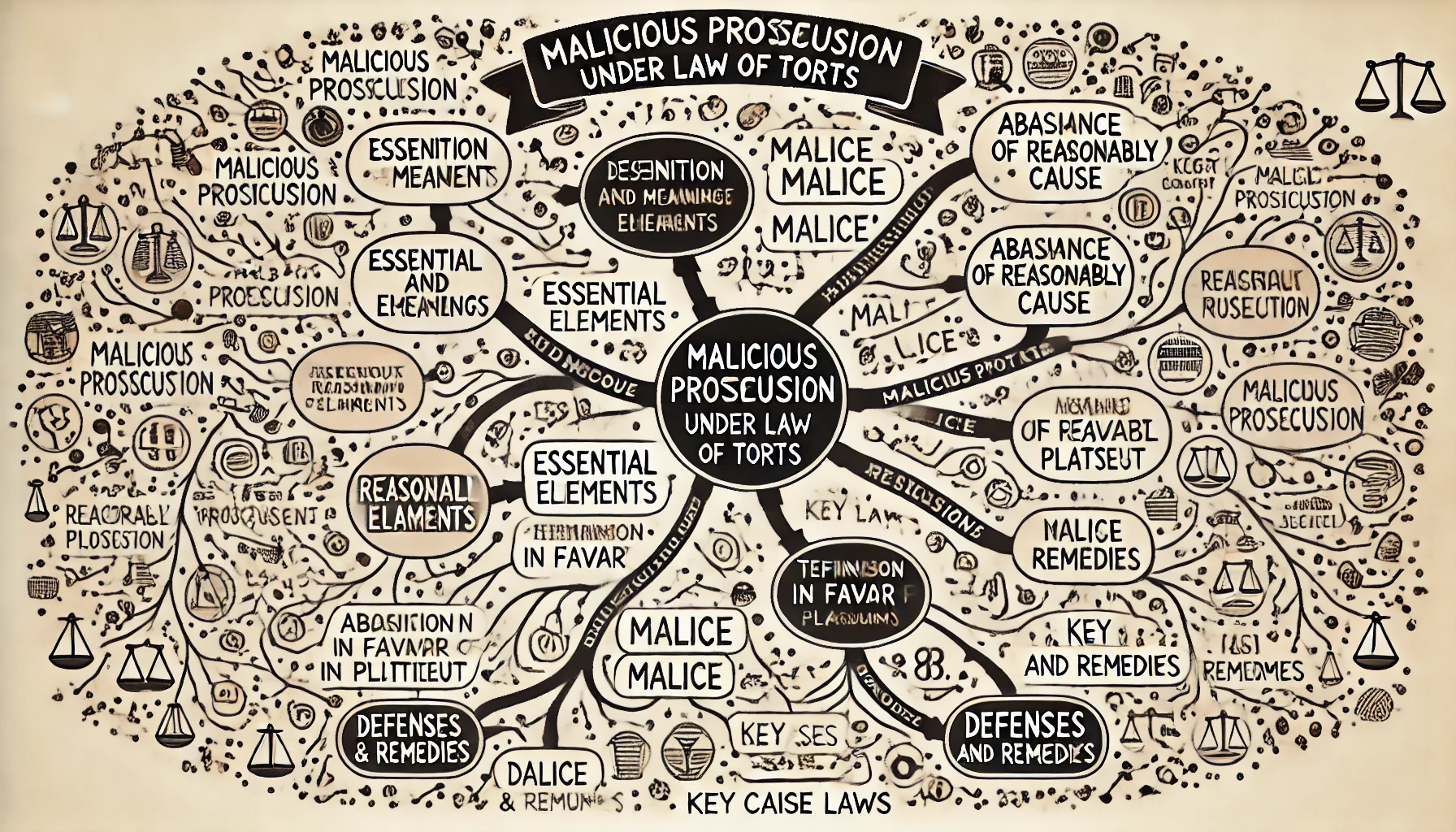

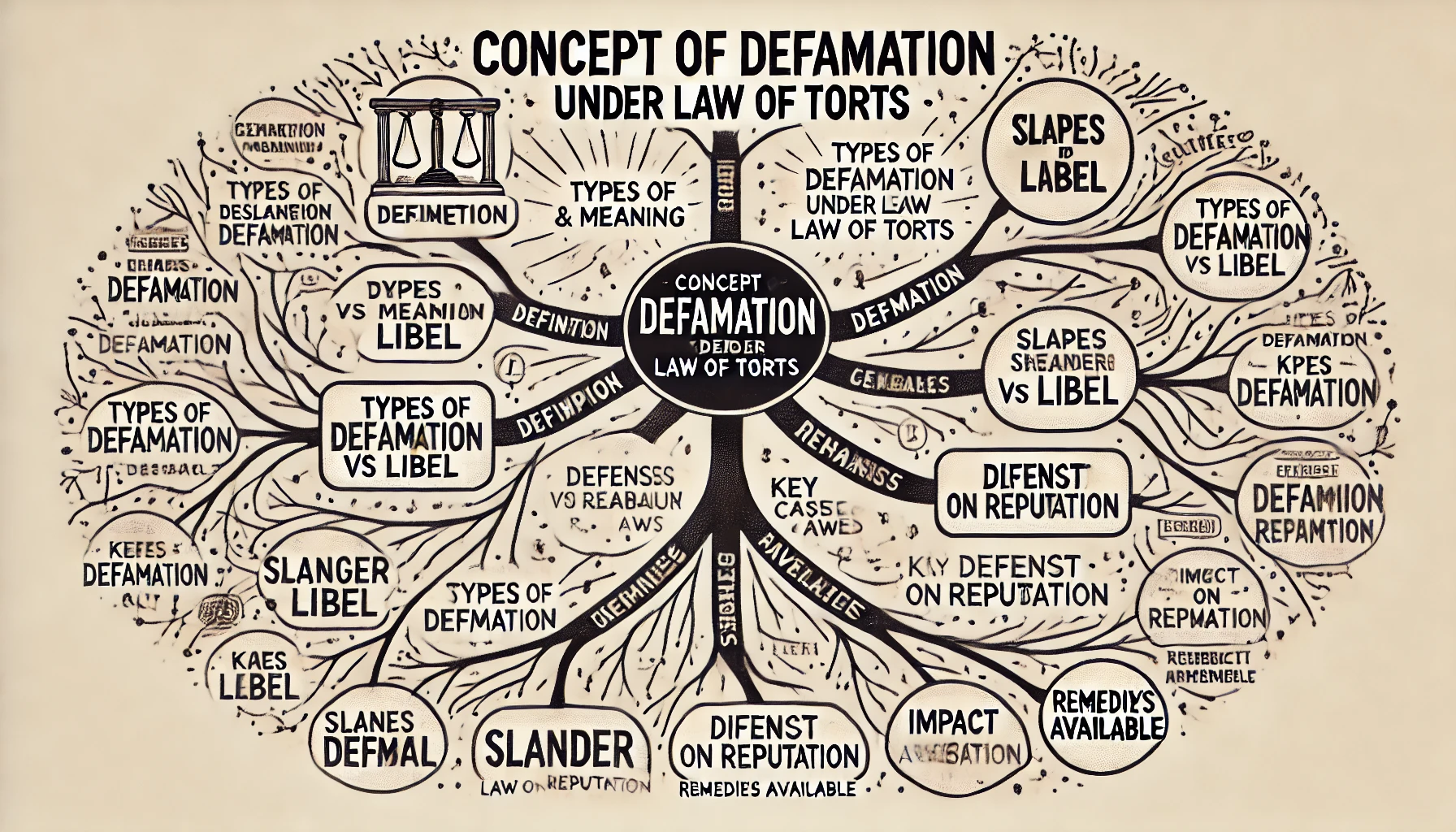
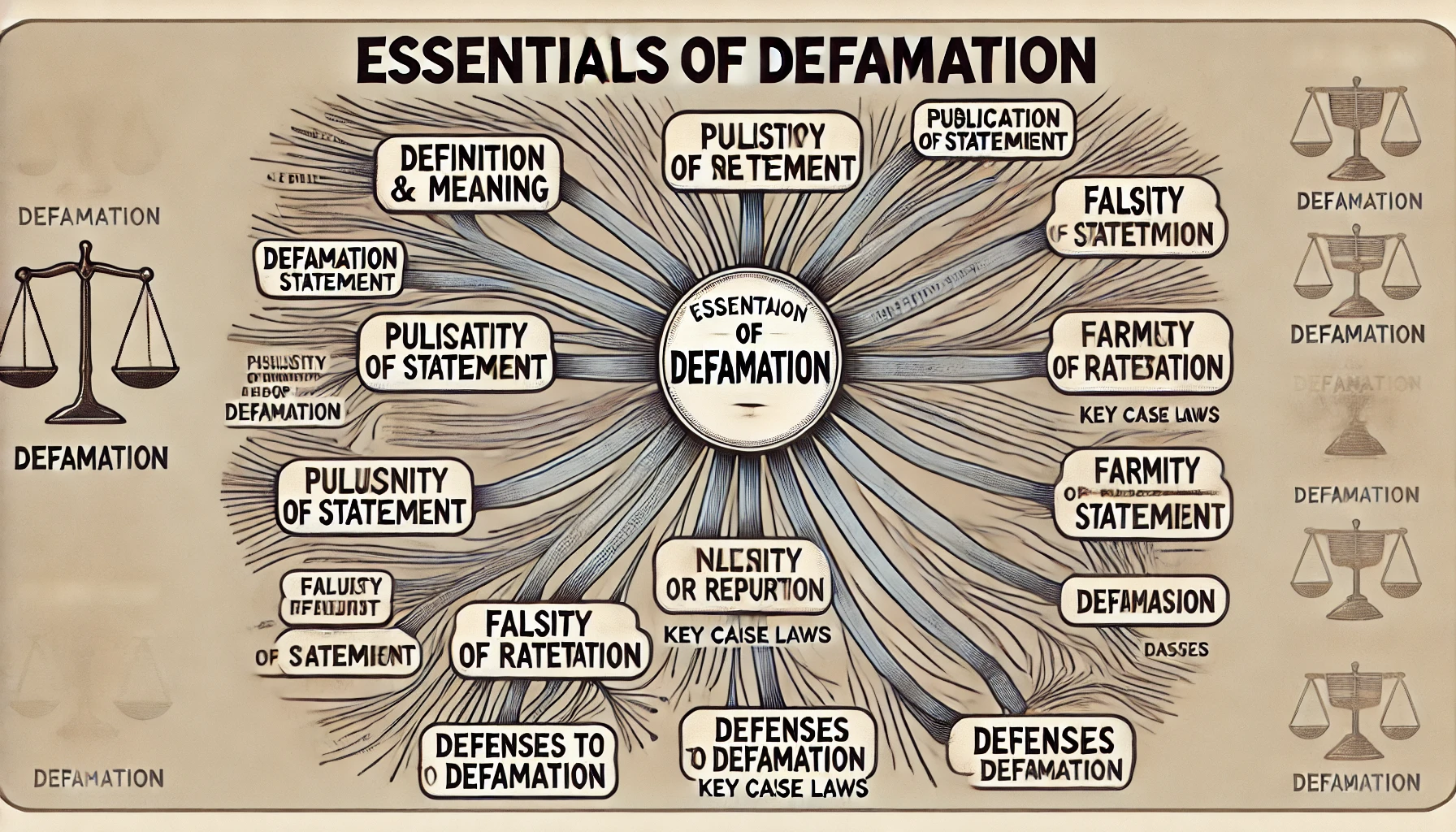

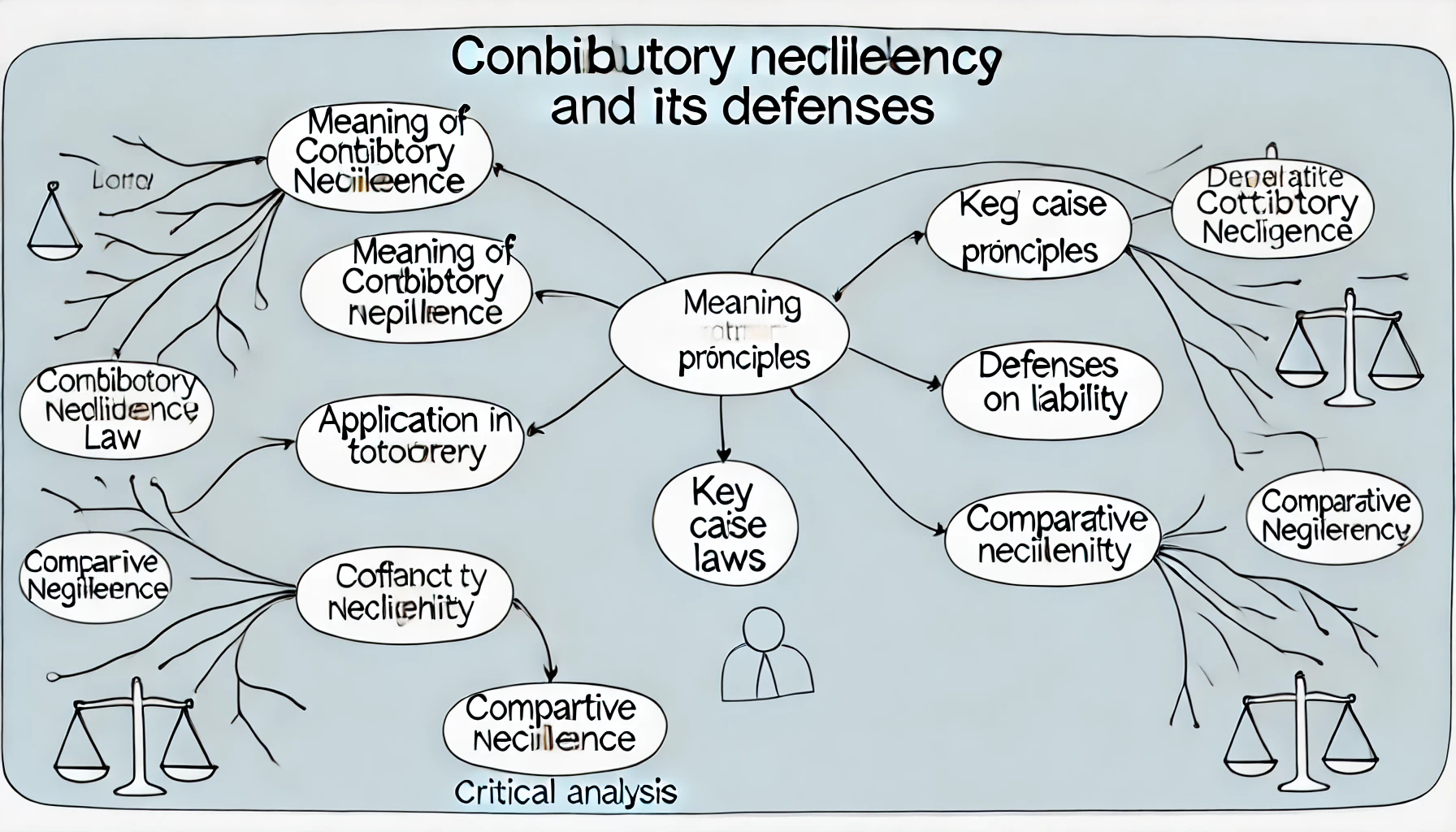
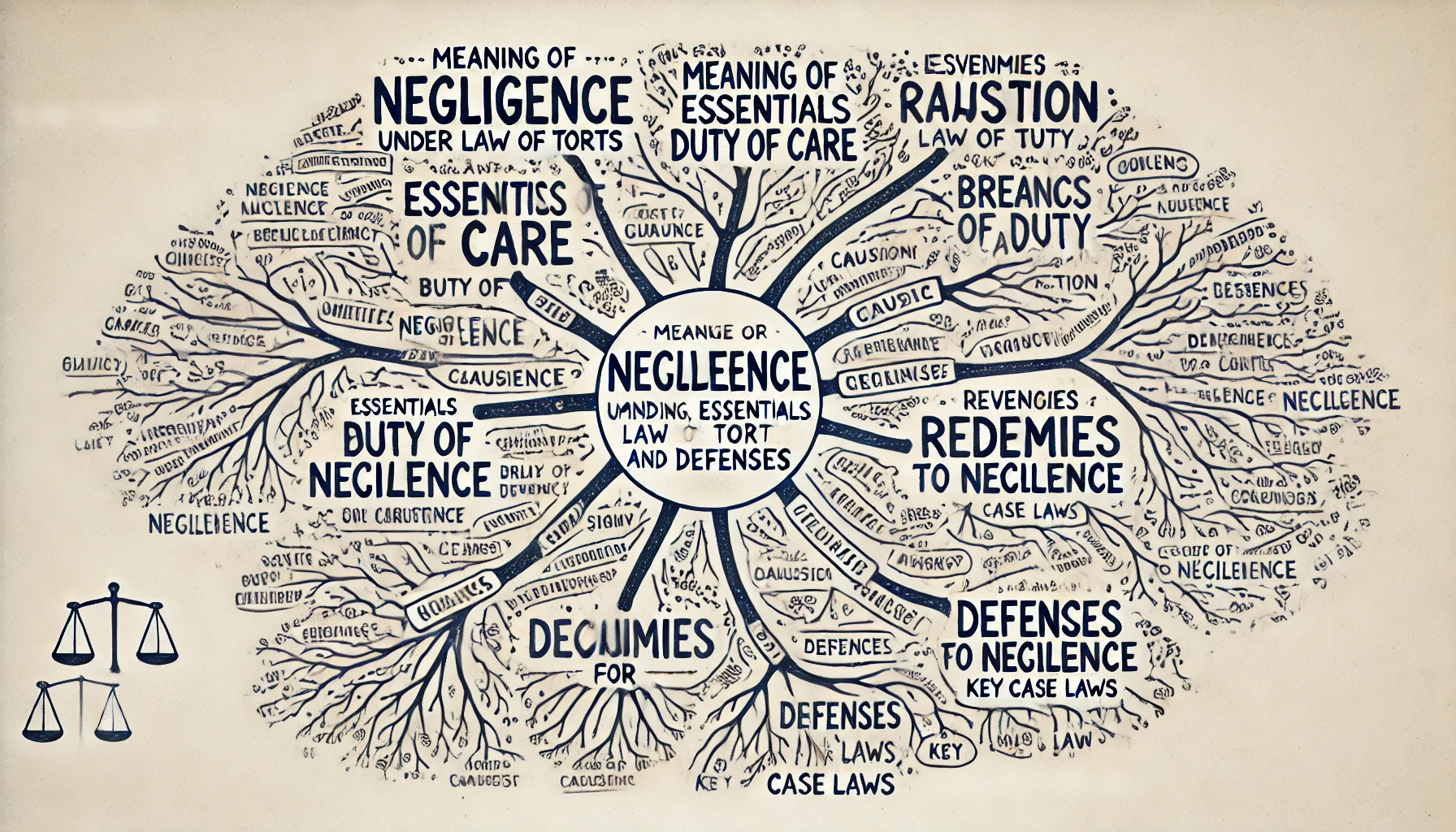
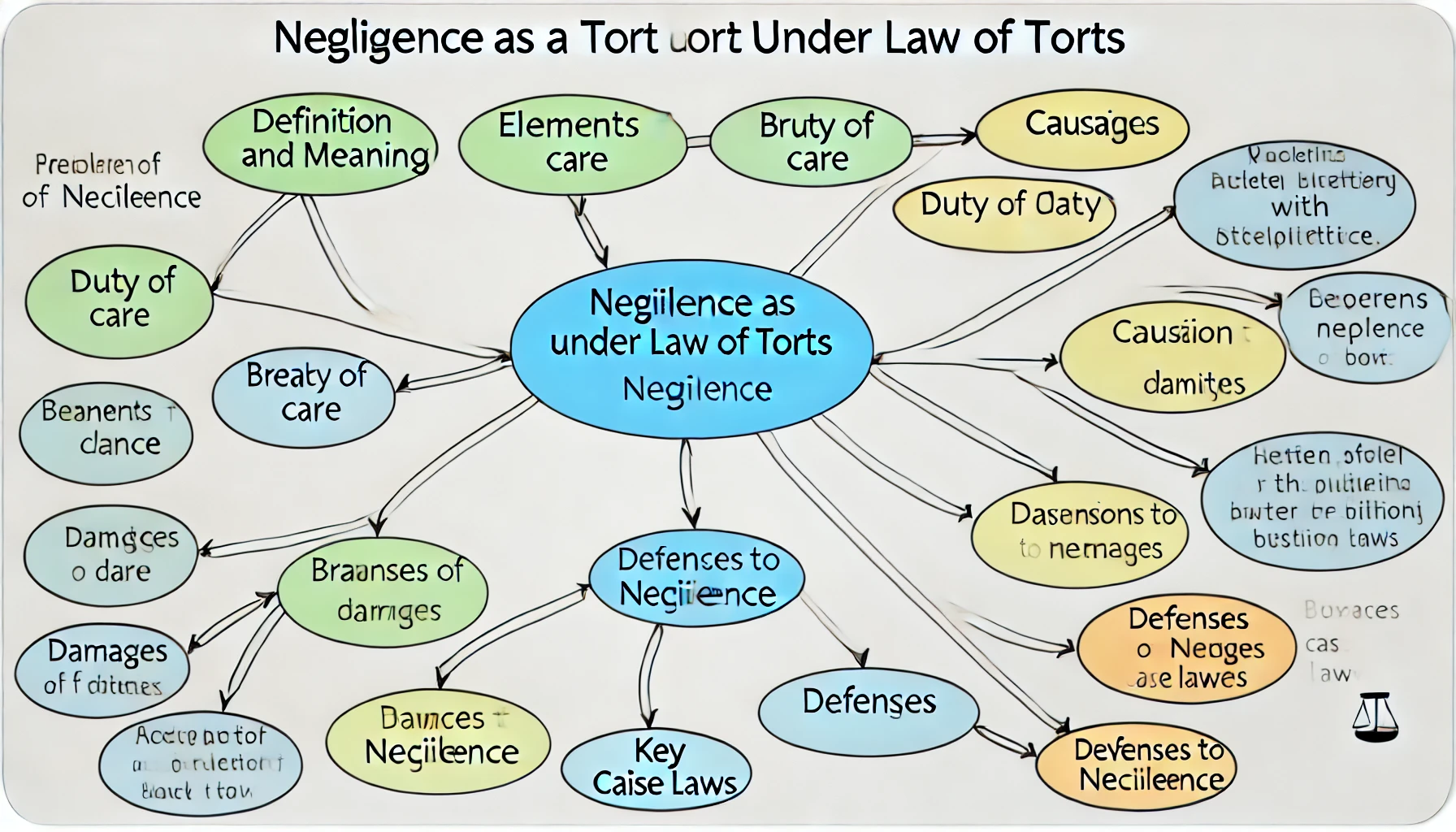
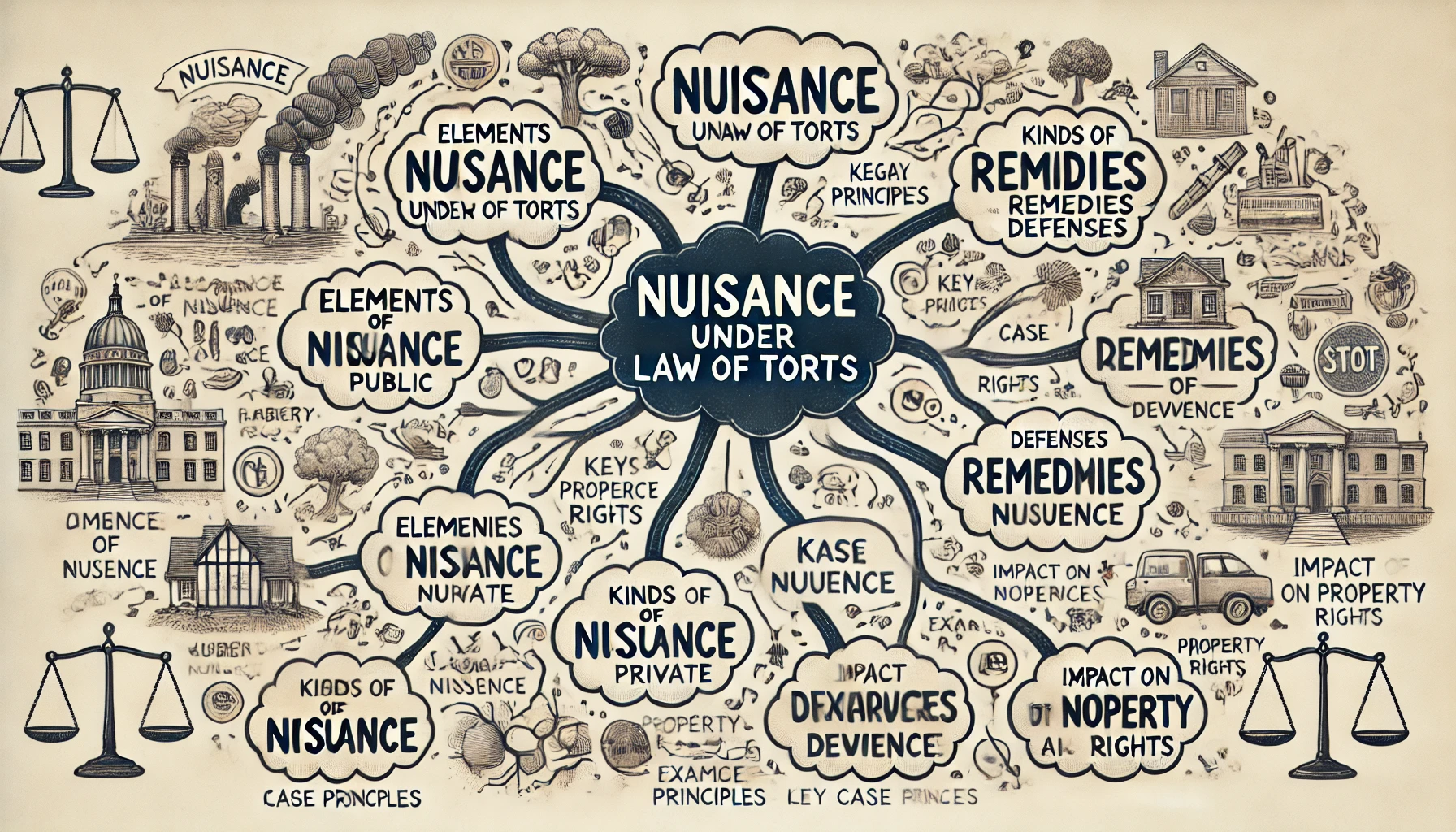
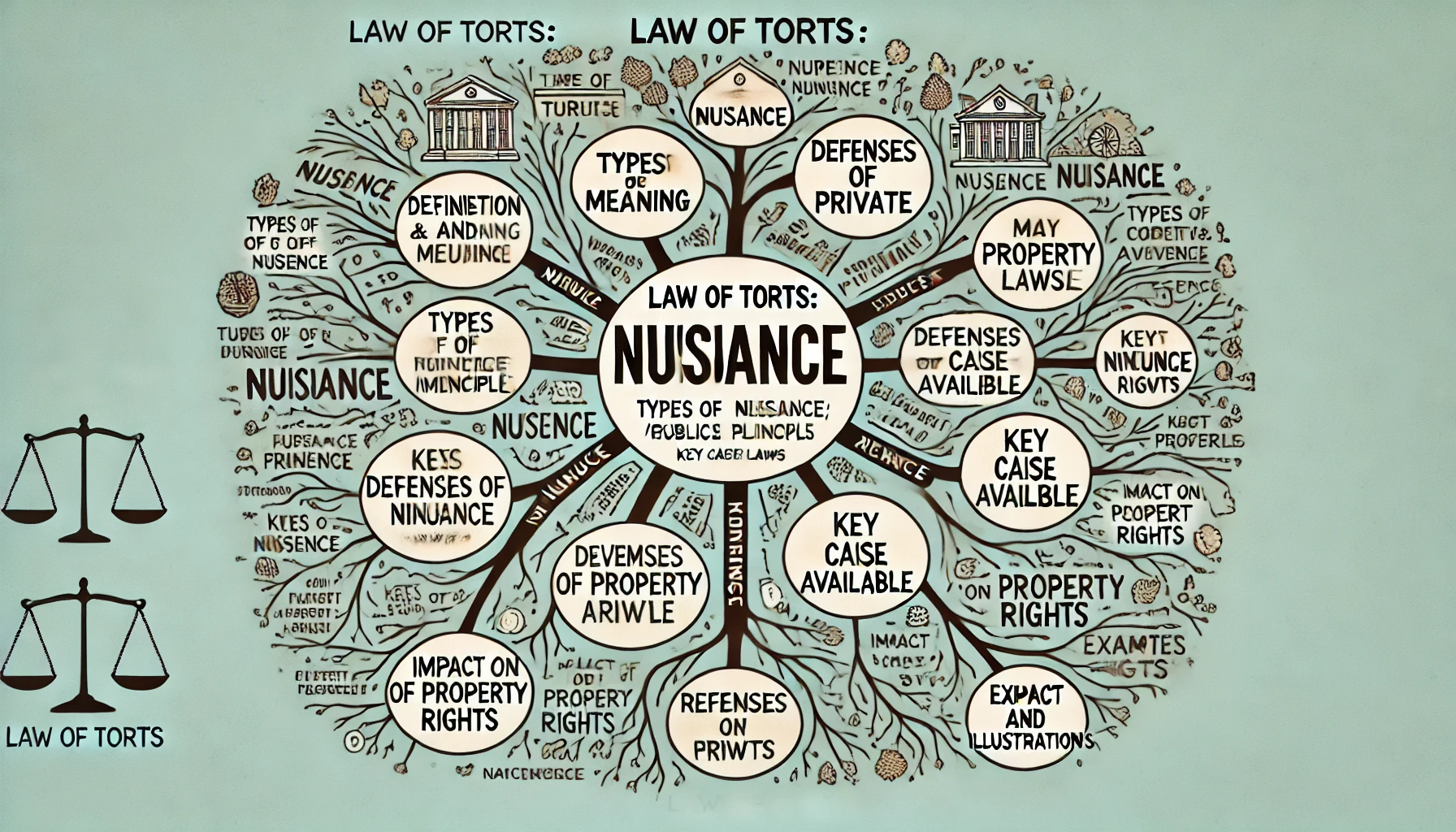
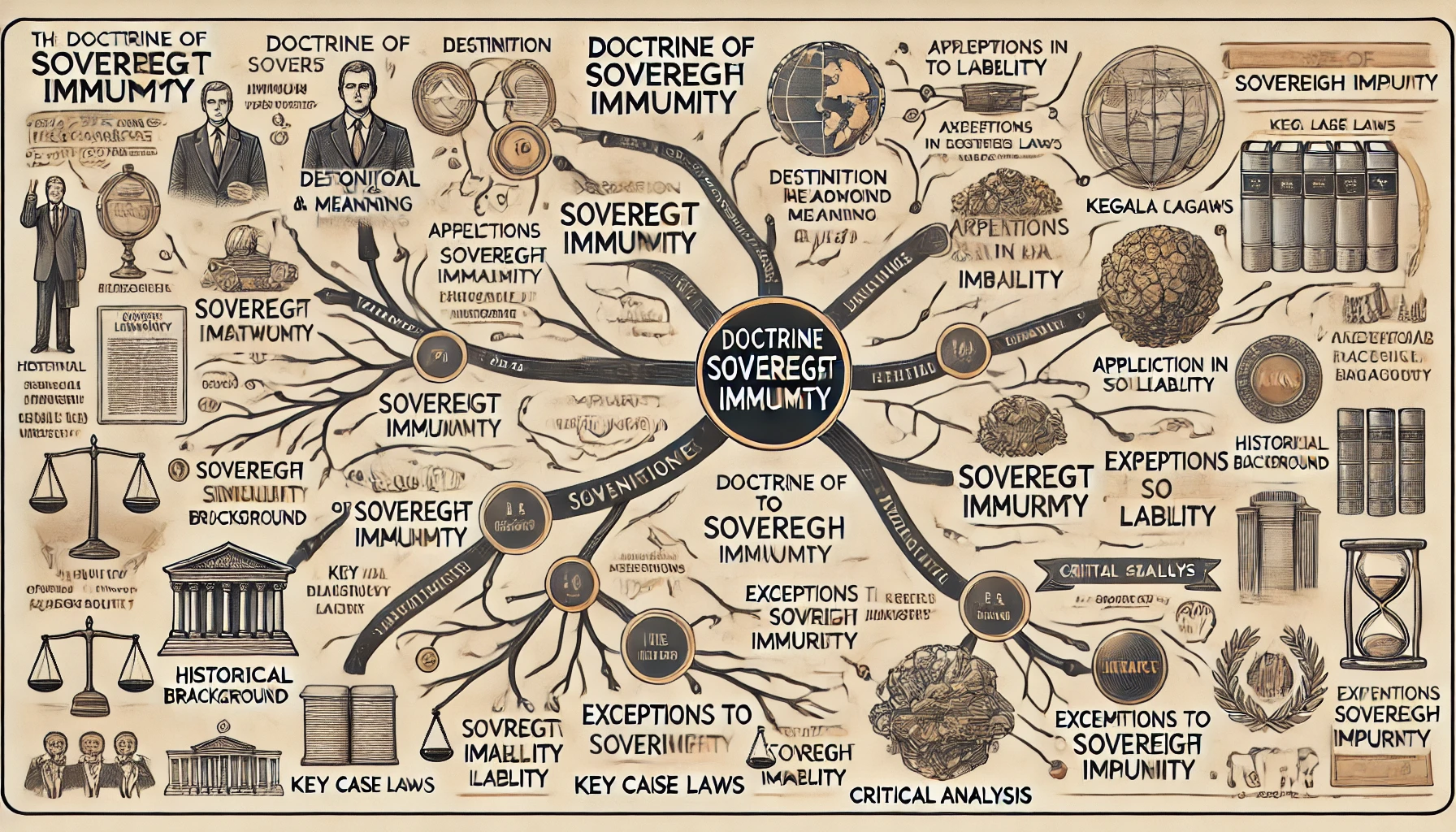
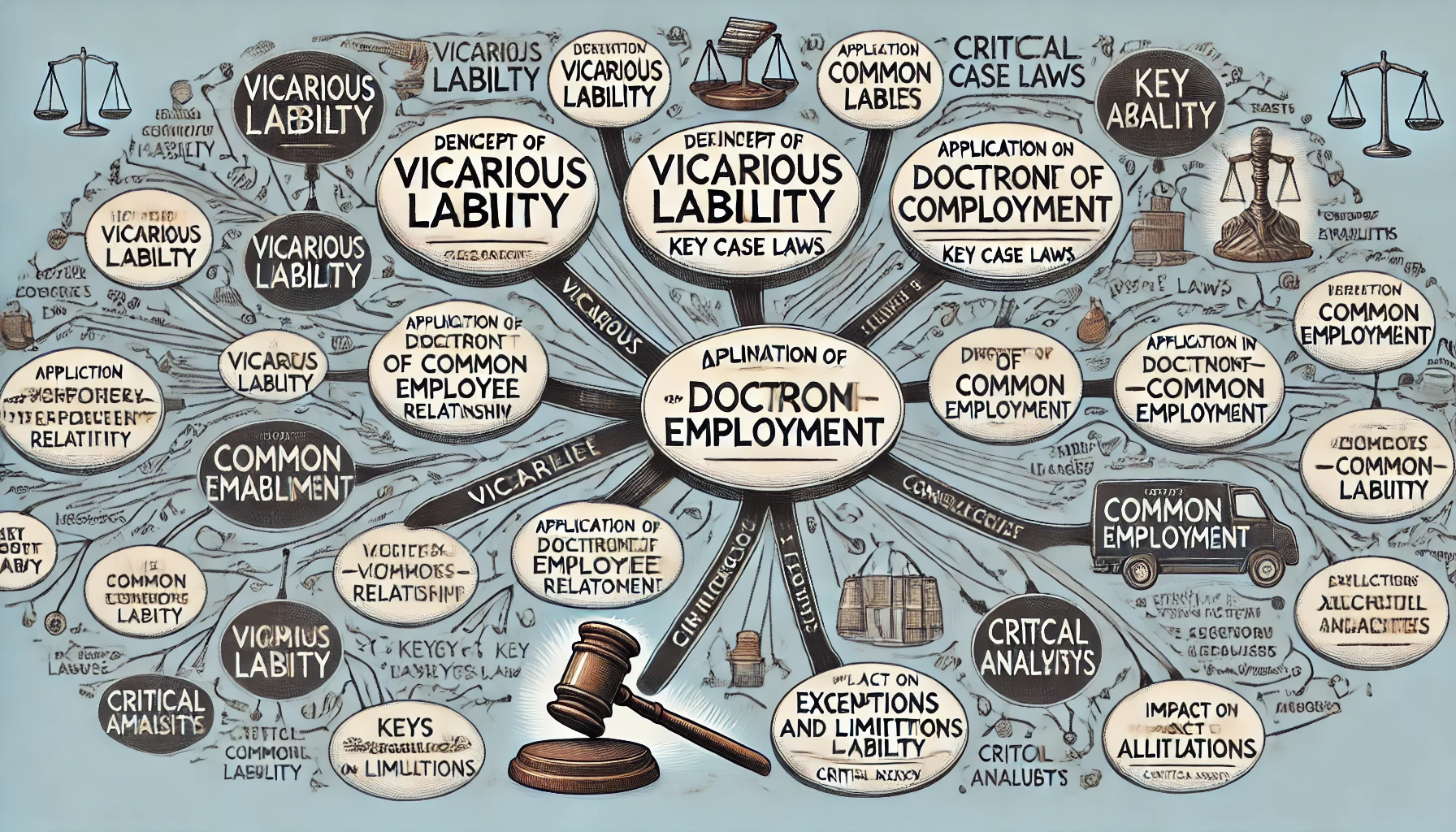

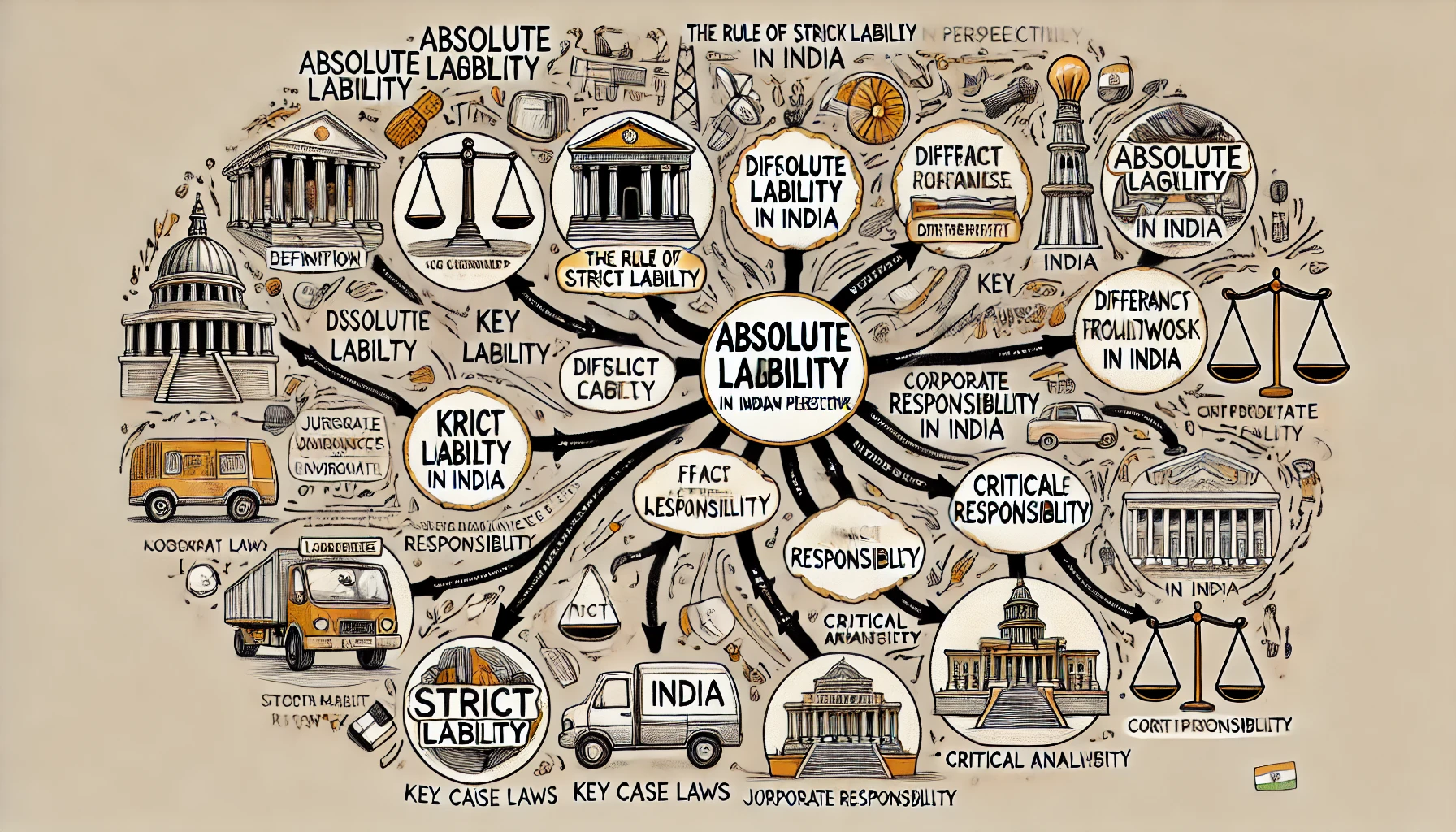
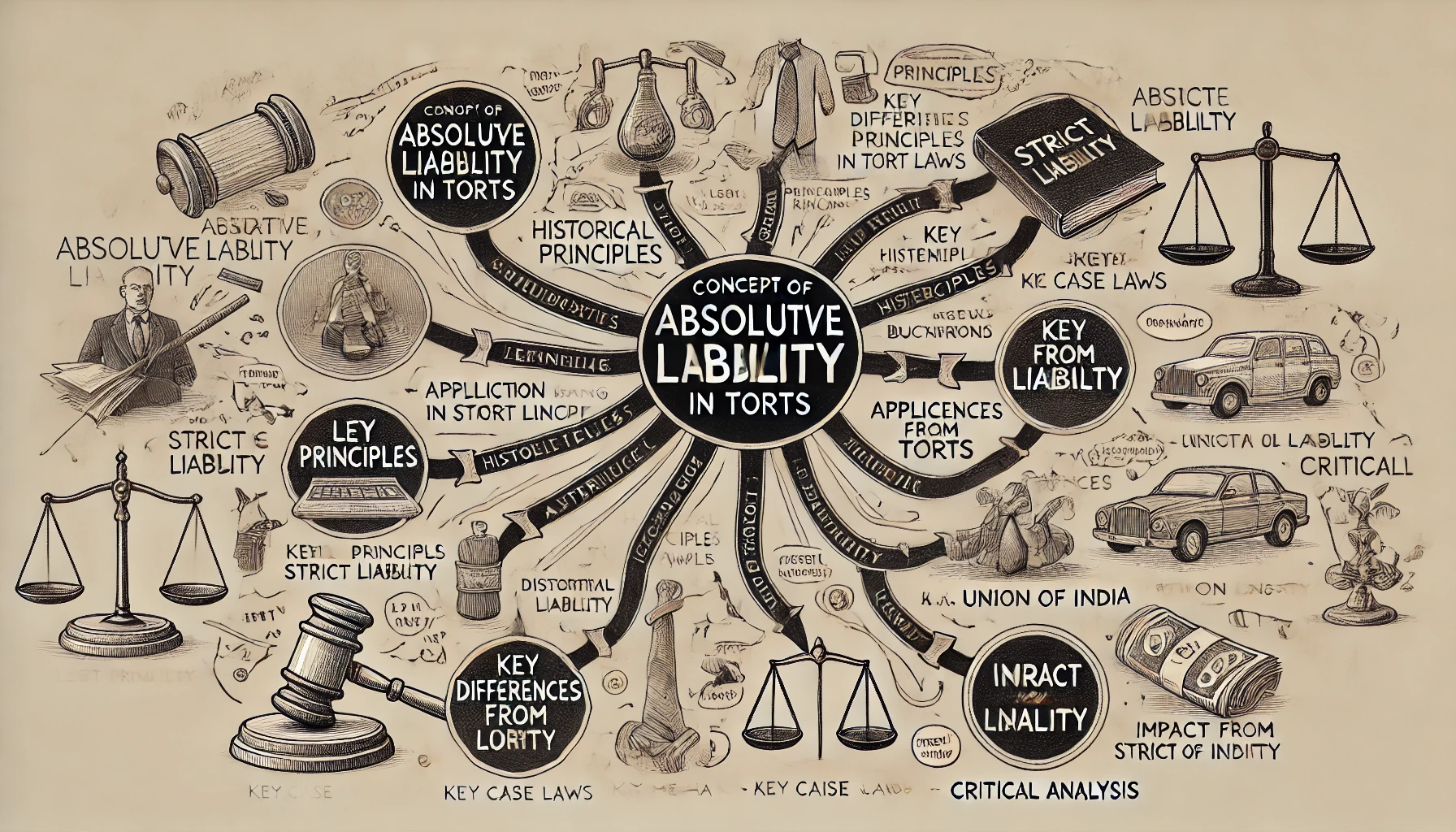
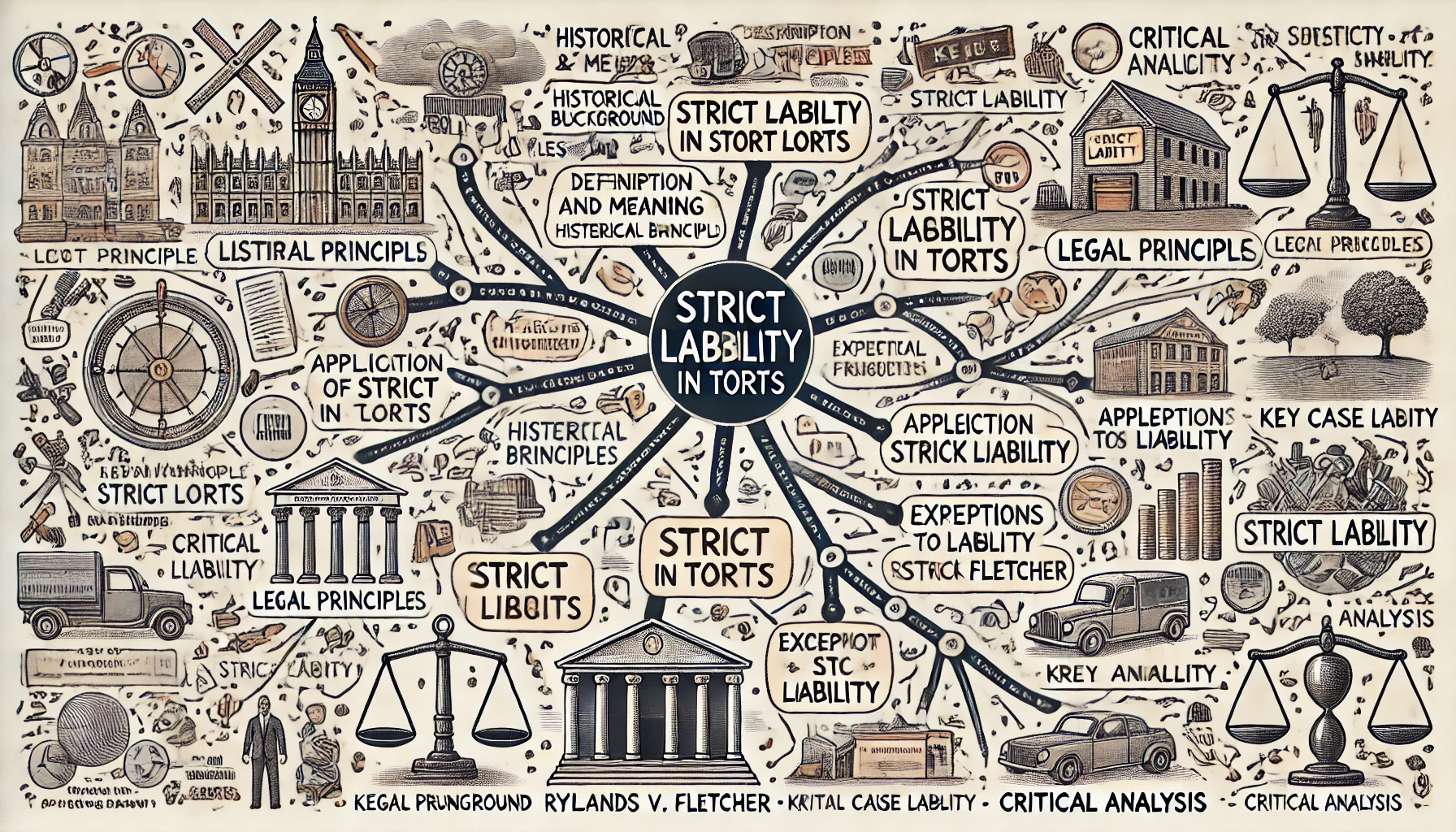
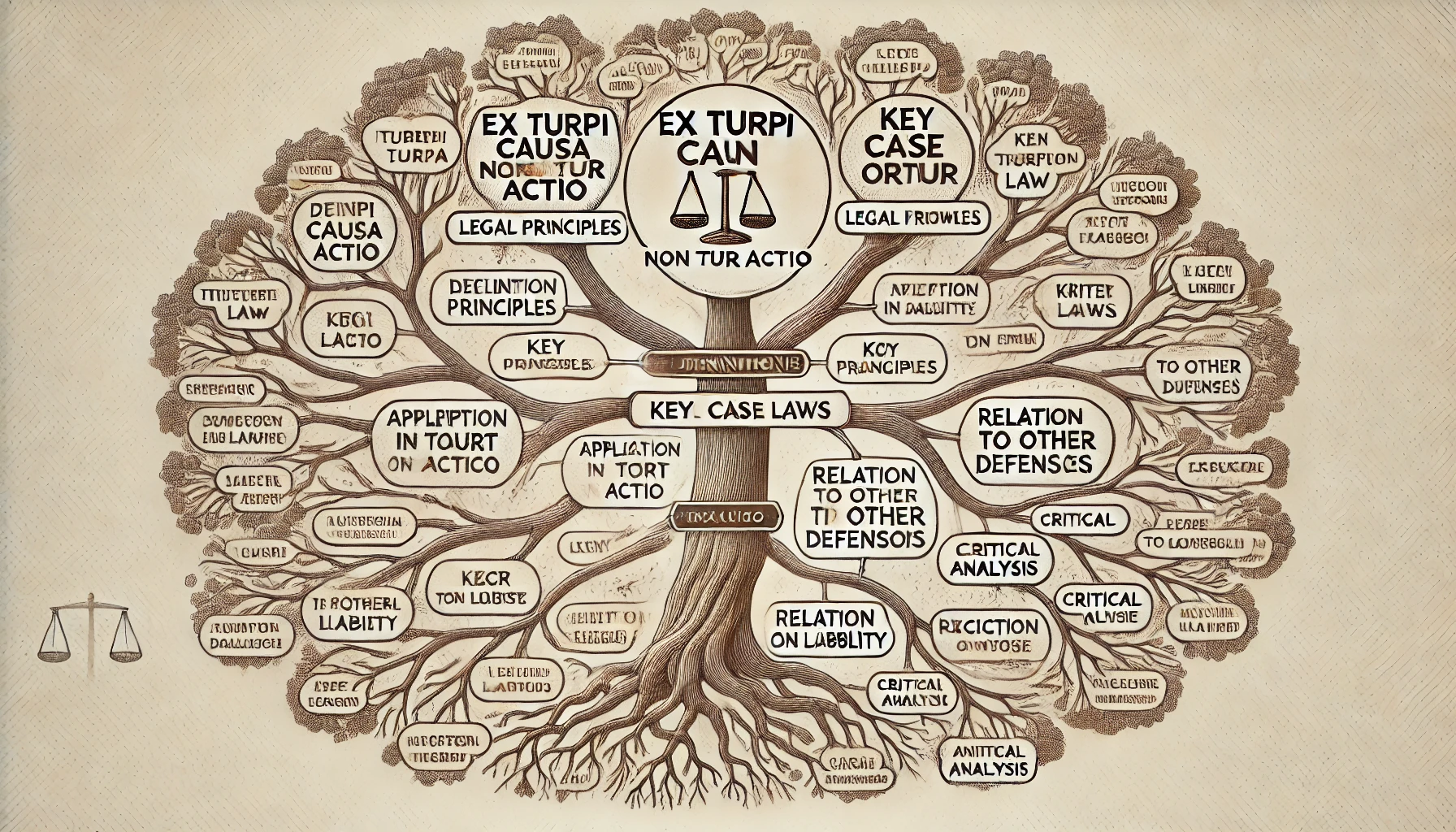
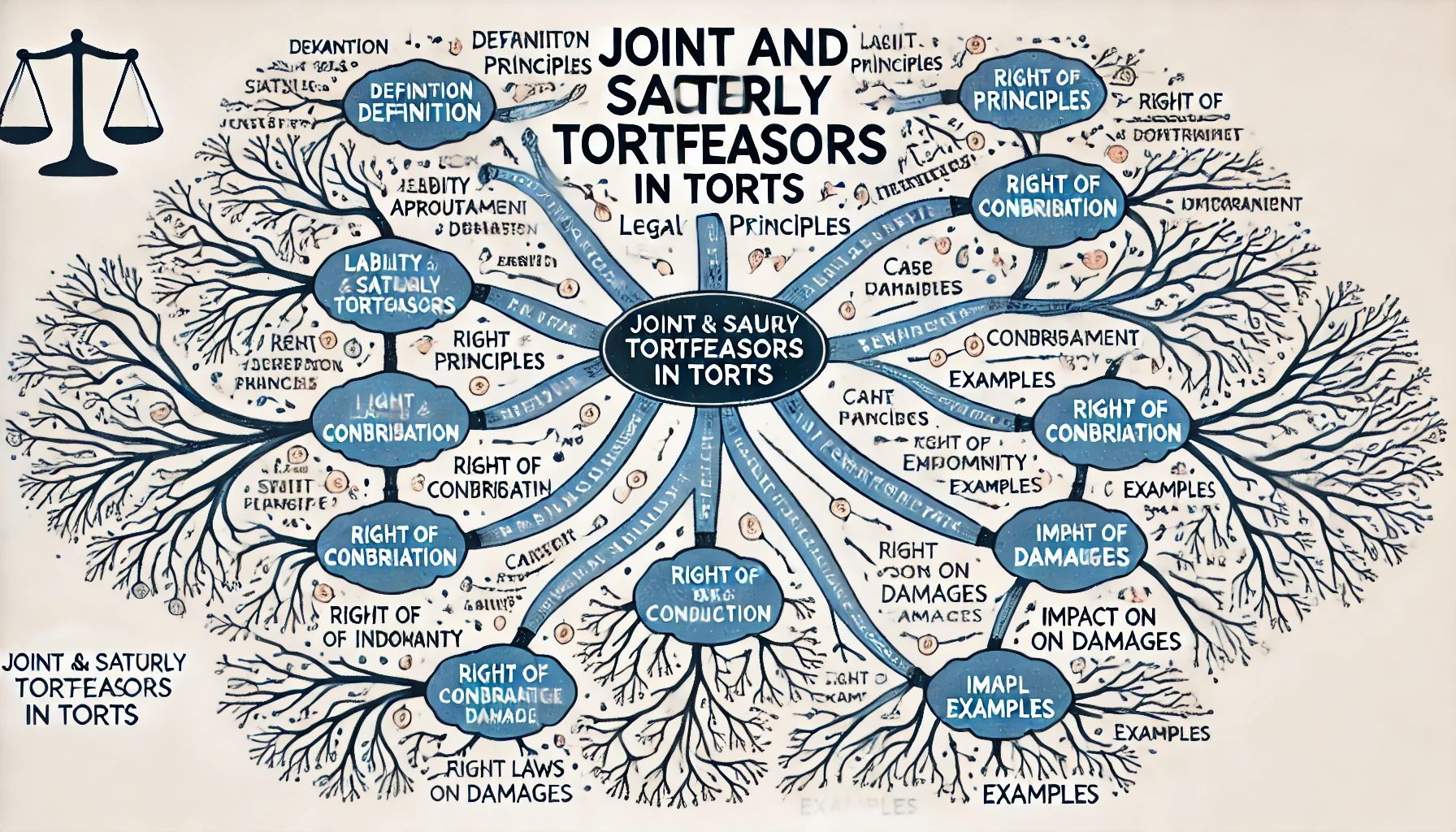
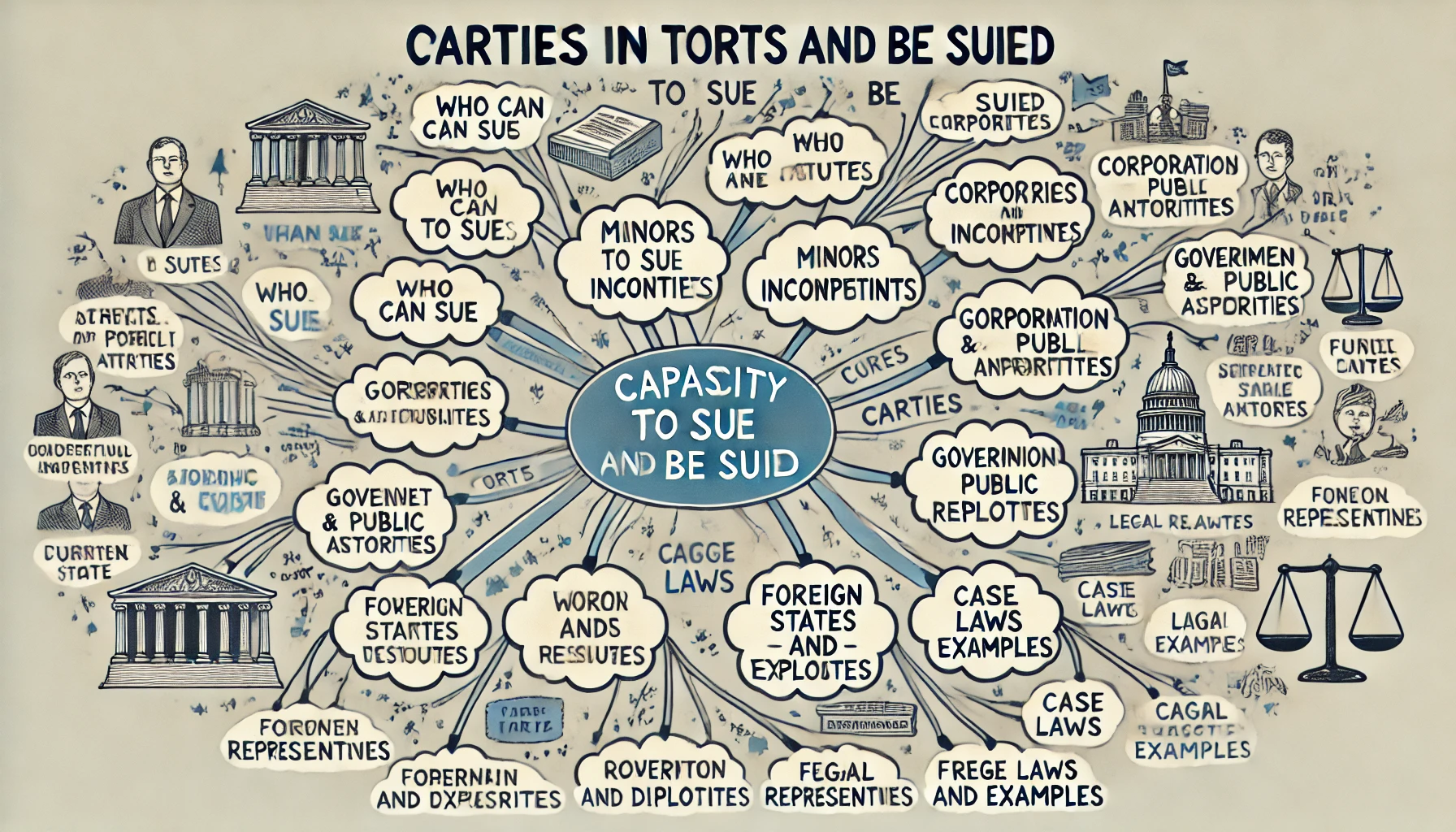

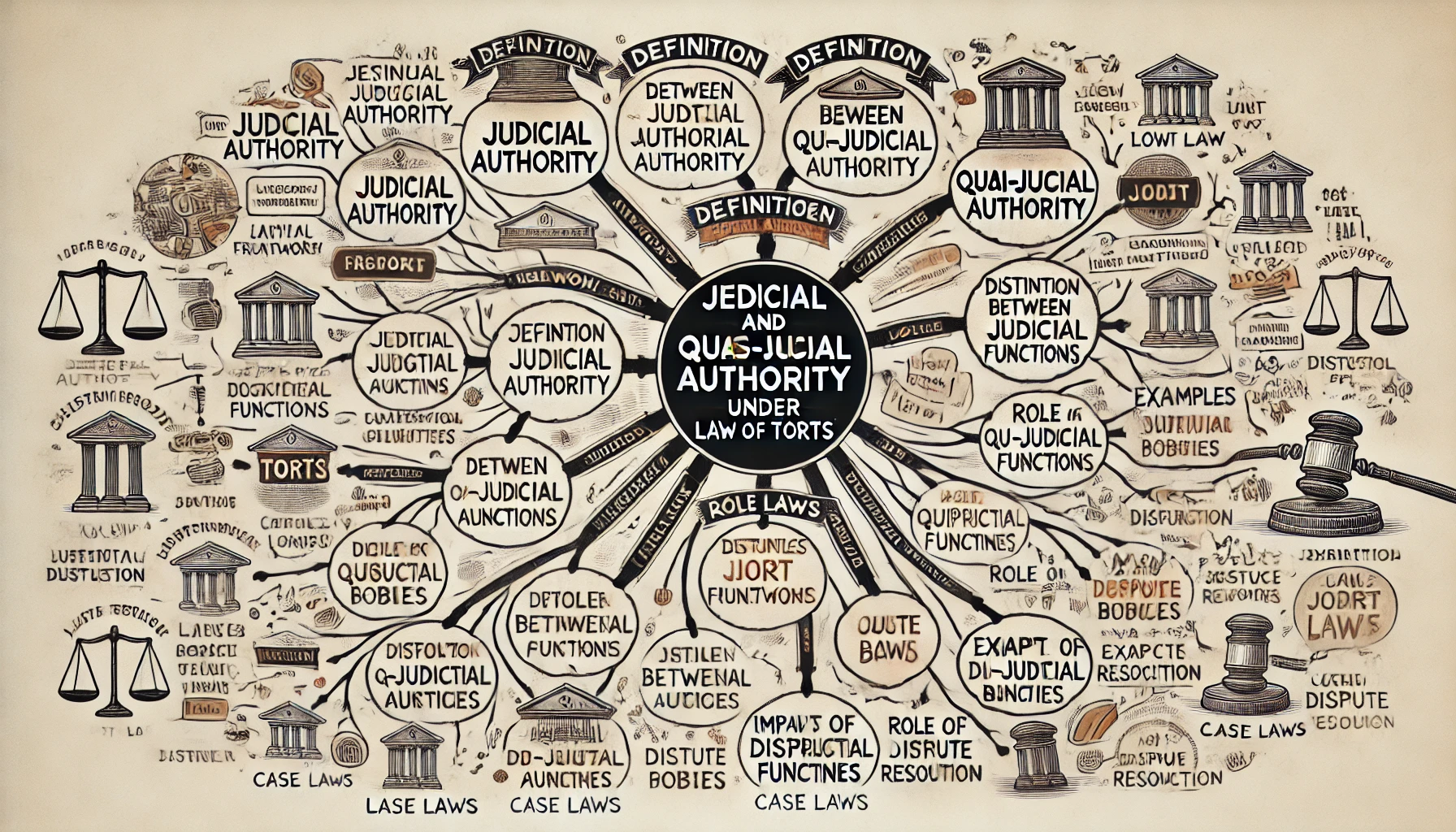
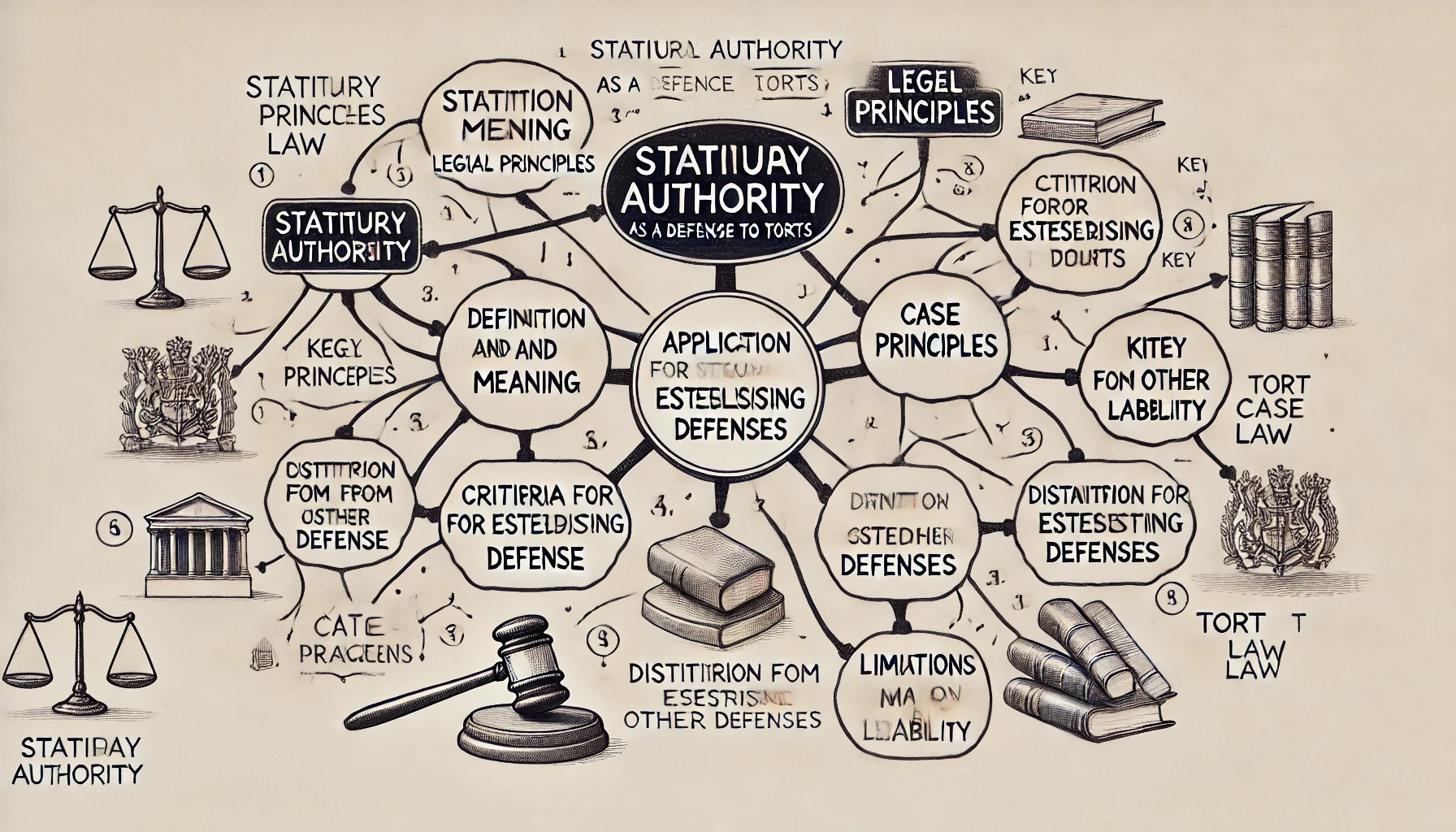
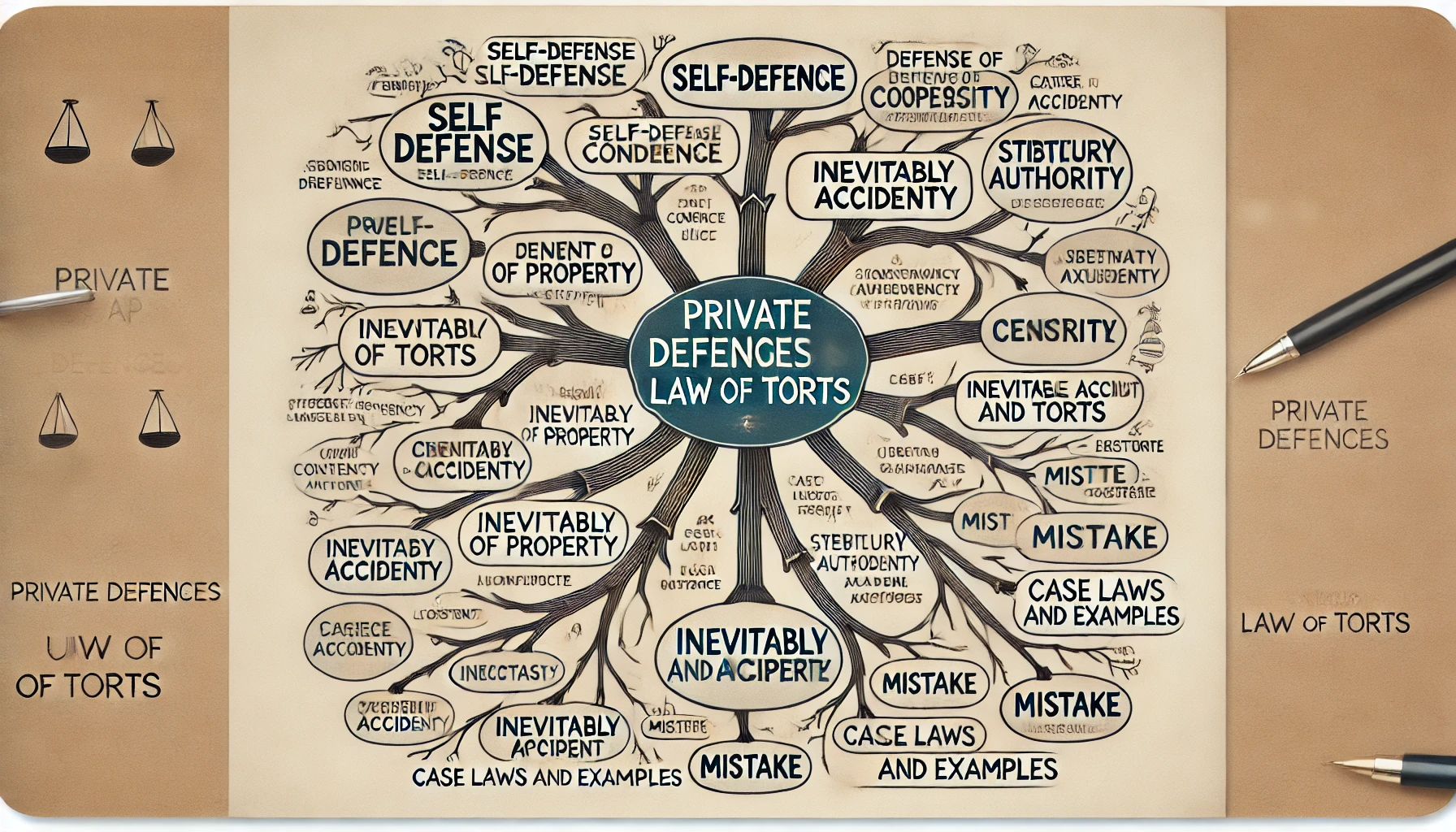
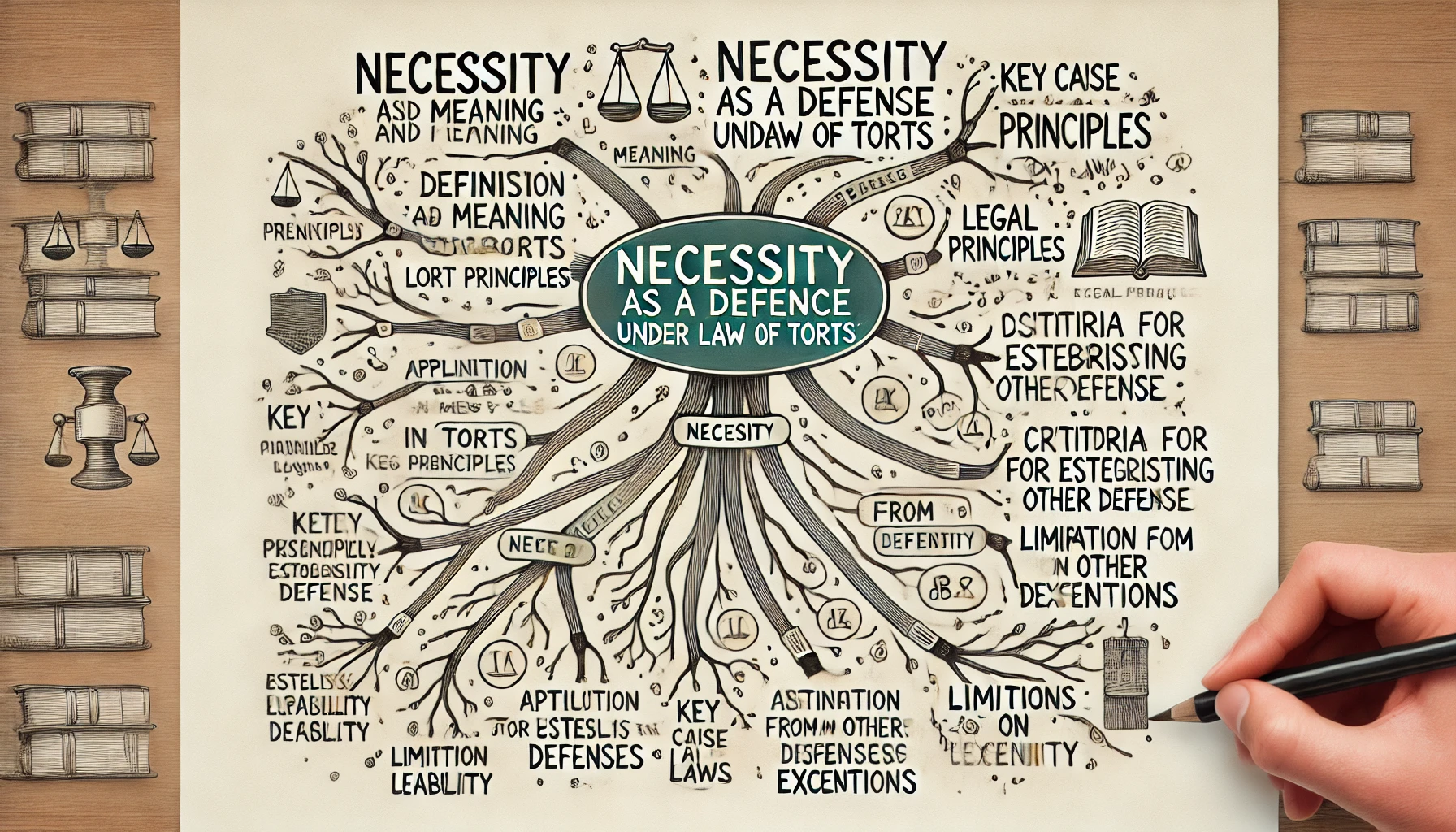
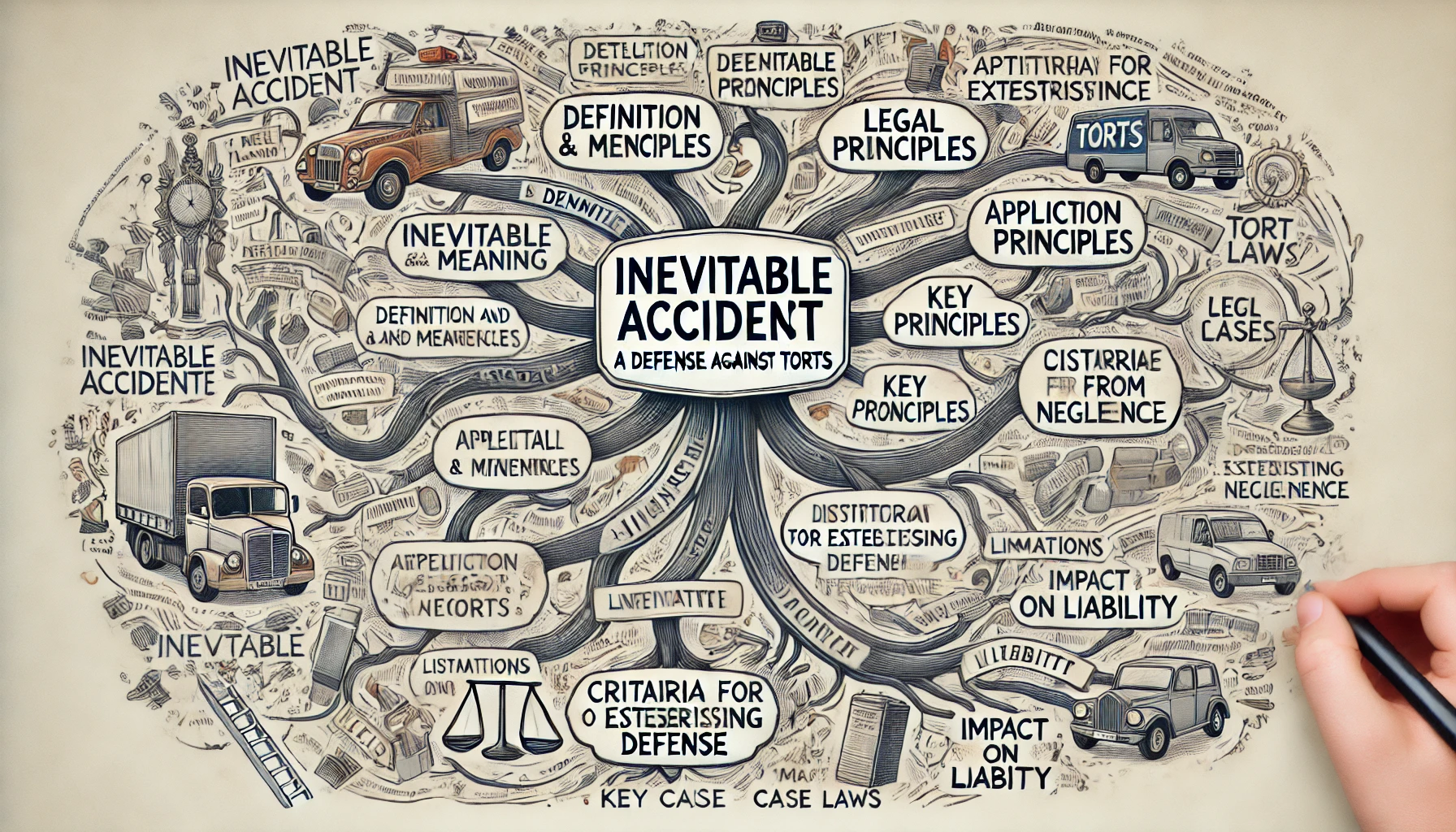

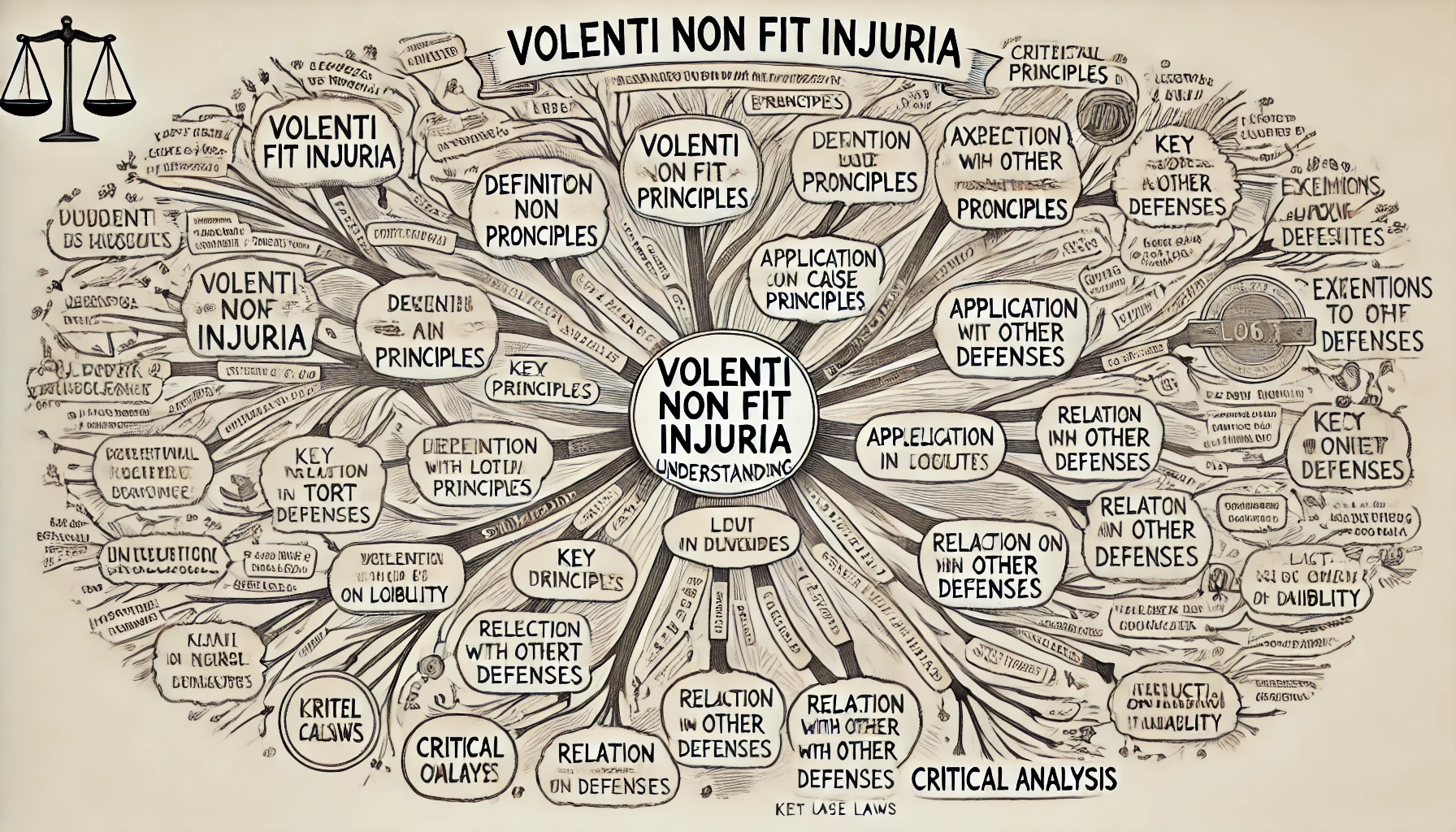
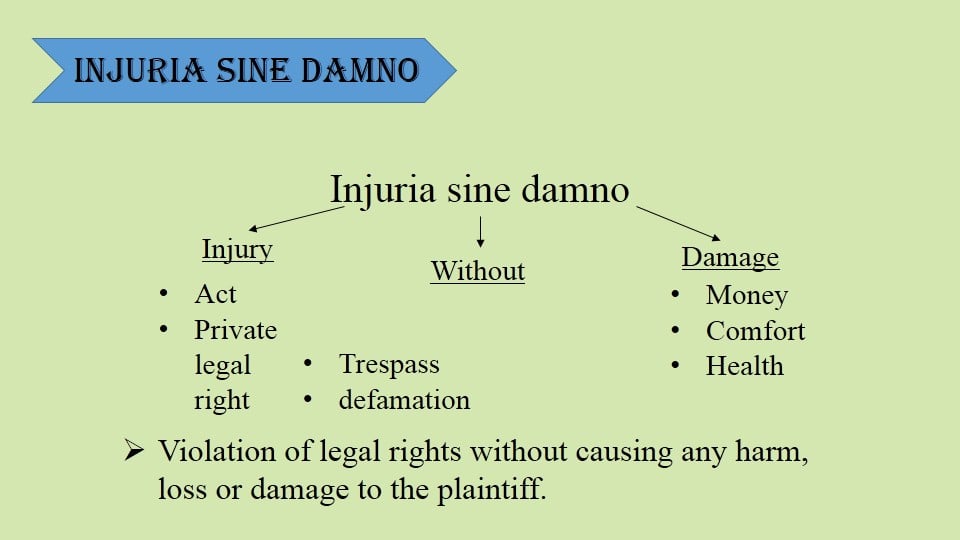

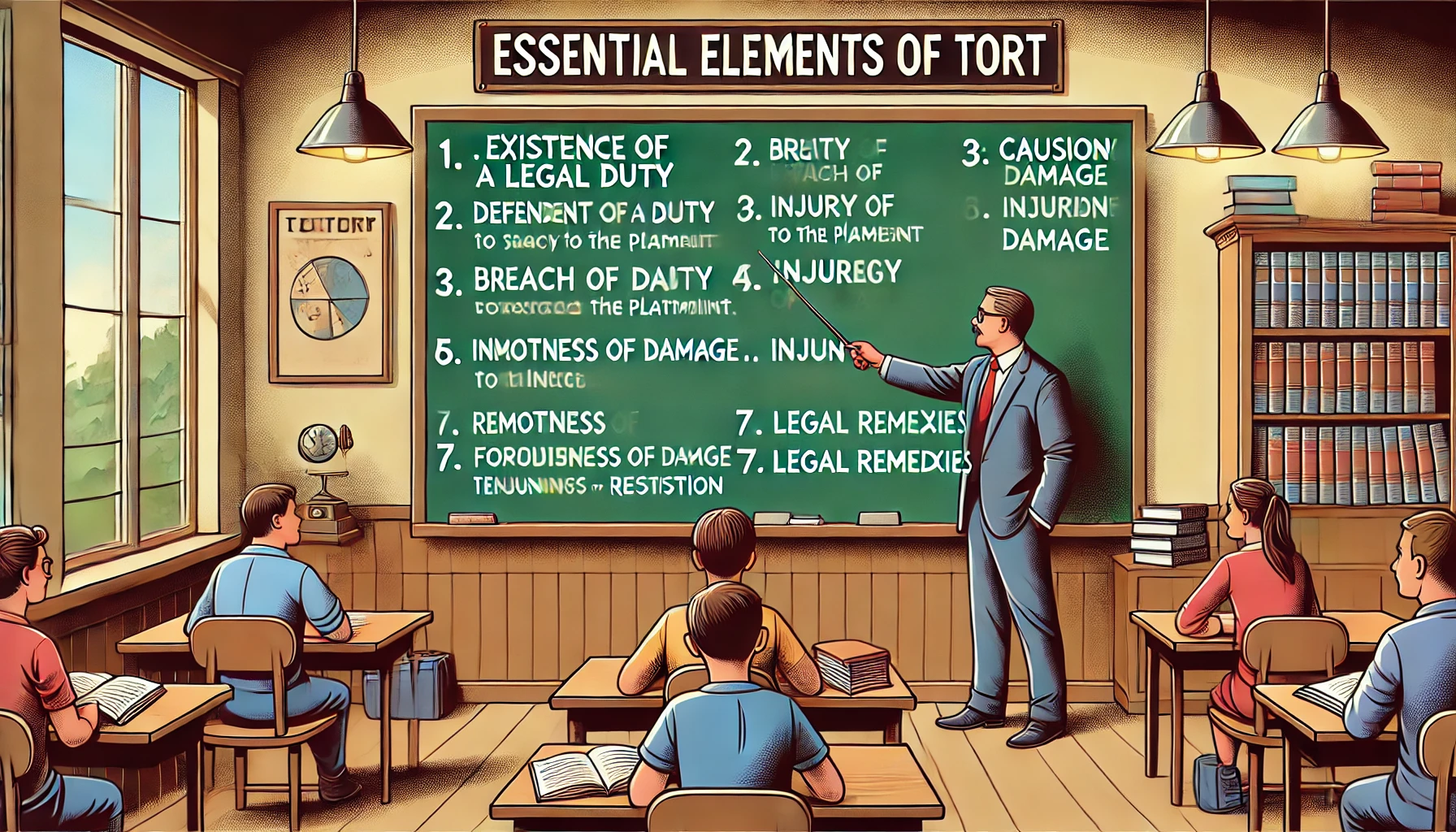
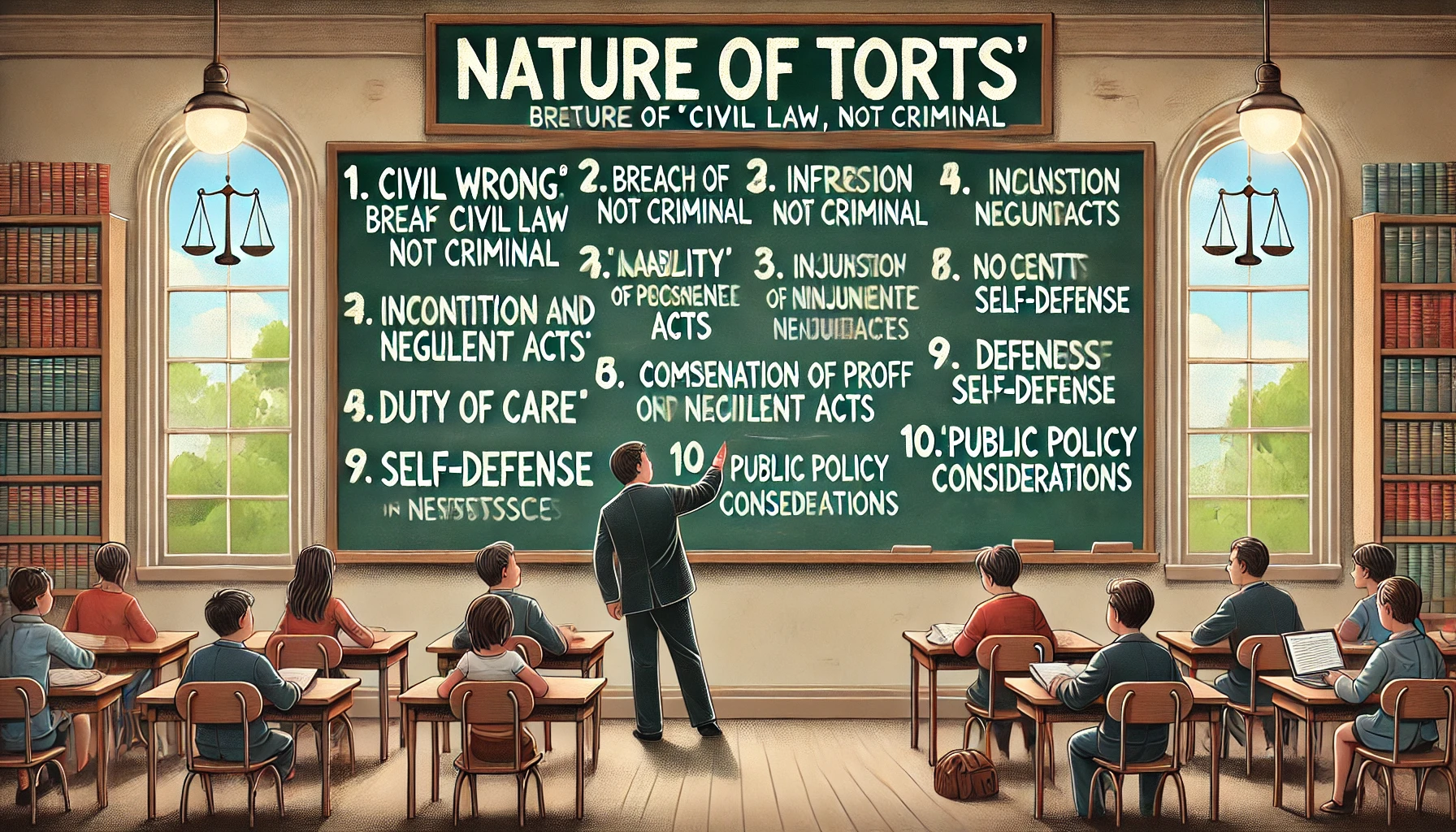


































































































Comment
Nothing for now